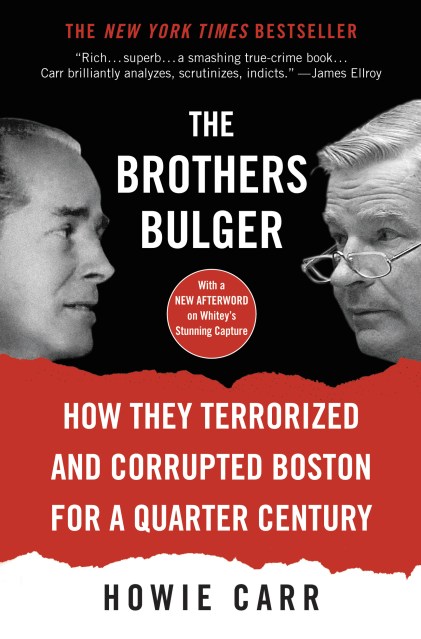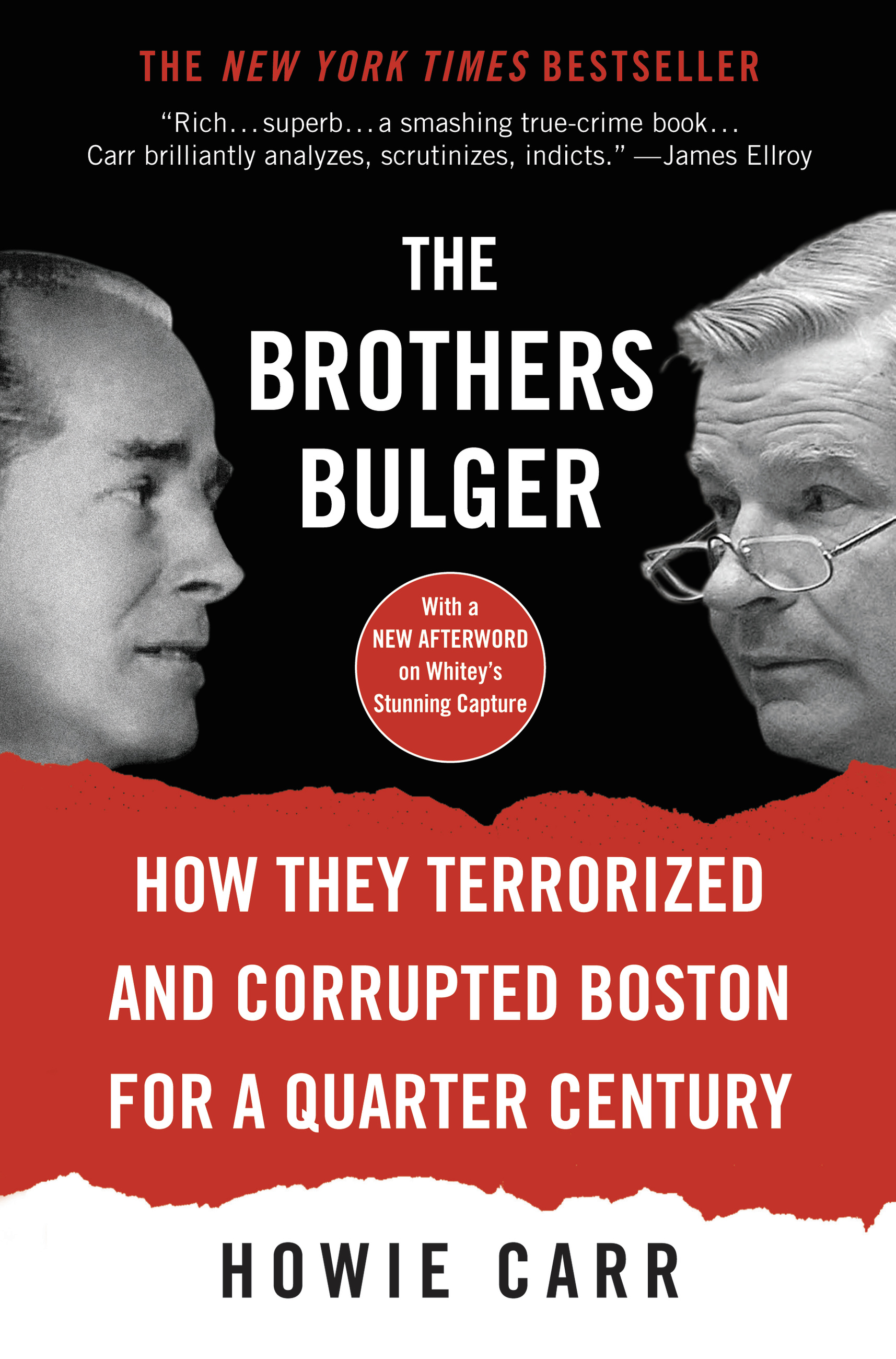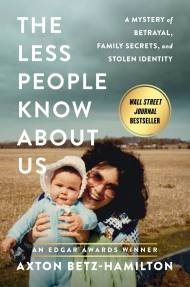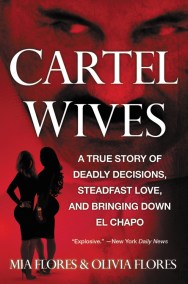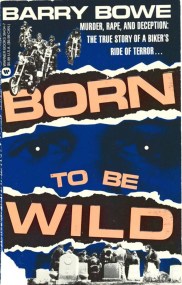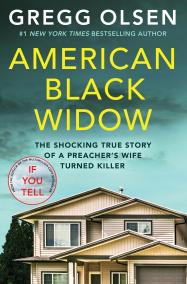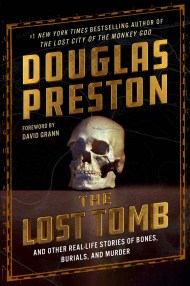Promotion
Use code MOM24 for 20% off site wide + free shipping over $45
The Brothers Bulger
How They Terrorized and Corrupted Boston for a Quarter Century
Contributors
By Howie Carr
Formats and Prices
Price
$6.99Price
$8.99 CADFormat
Format:
- ebook $6.99 $8.99 CAD
- Hardcover $38.00 $48.00 CAD
- Trade Paperback $19.99 $25.99 CAD
- Mass Market $9.99 $11.99 CAD
This item is a preorder. Your payment method will be charged immediately, and the product is expected to ship on or around July 31, 2007. This date is subject to change due to shipping delays beyond our control.
Also available from:
For years their familiar story was of two siblings who took different paths out of South Boston: William “Billy” Bulger, former president of the Massachusetts State Senate; and his brother James “Whitey” Bulger, a vicious criminal who became the FBI’s second most-wanted man after Osama Bin Laden. While Billy cavorted with the state’s blue bloods to become a powerful political force, Whitey blazed a murderous trail to the top rung of organized crime. Now, in this compelling narrative, Carr uncovers a sinister world of FBI turncoats, alliances between various branches of organized crime, St. Patrick’s Day shenanigans, political infighting, and the complex relationship between two brothers who were at one time kings.
As the film Black Mass, starring Johnny Depp as Whitey Bulger, hits theaters, take a deeper dive into the story of the Bulgers, and their fifty-year reign over Boston with Howie Carr’s The Brother’s Bulger.
Genre:
- On Sale
- Jul 31, 2007
- Page Count
- 368 pages
- Publisher
- Grand Central Publishing
- ISBN-13
- 9780446506144
Newsletter Signup
By clicking ‘Sign Up,’ I acknowledge that I have read and agree to Hachette Book Group’s Privacy Policy and Terms of Use
